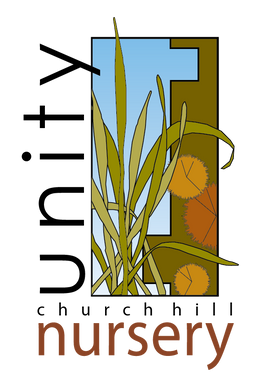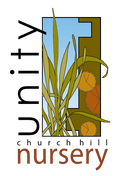Gymnocladus dioicus (Kentucky Coffee)
- Low stock - 4 items left
- Inventory on the way
Gymnocladus dioicus, commonly called Kentucky coffee tree, is a large deciduous tree native to much of the eastern half of America. Growing to 60-80' tall and 40-60' wide, Kentucky coffee tree draws its common name from a long history of use for its large, leathery seedpods. Kentucky coffee tree seedpods contain large, marble-like seeds that, when roasted, were used as food by Native Americans throughout the tree's native range, and were used as a coffee substitute among native peoples and among Revolutionary war-era colonists. While seedpods may create a difficult to clean mess over time, Gymnocladus dioicus is a dioecious plant, meaning that male and female plants occur separately, with the males not producing any seed pods at all.
Today, while its beans aren't widely consumed, Gymnocladus dioicus is a beautiful large tree perfect for parks, large yards, and even street trees when given enough space. In the spring and summer, the tree produces beautiful clusters of white-green flowers that are attractive to butterflies and bees, and the tree itself plays host to a wide range of caterpillars. In the fall, the seedpods present on female trees add a striking level of multi-season appeal when paired with the tree's yellow autumn foliage. Occurring in the wild in low woodlands, at the bases of slopes, and along streams, Kentucky coffee tree prefers medium-moist organically rich soils in sites with full sun; while Gymnocladus dioicus can tolerate nutrient poor soils and drought, it doesn't fare well in heavy clay soils. Since plant tissues contain a couple of toxins, the trees tend to be left alone by hungry deer, but care should be taken when planting these trees around pets or cattle. Alongside its deer tolerance and attractive ornamental qualities, Kentucky coffee tree's versatility in a number of habitats, and its tolerance to salty soils makes it an excellent choice for any number of planting locations.






